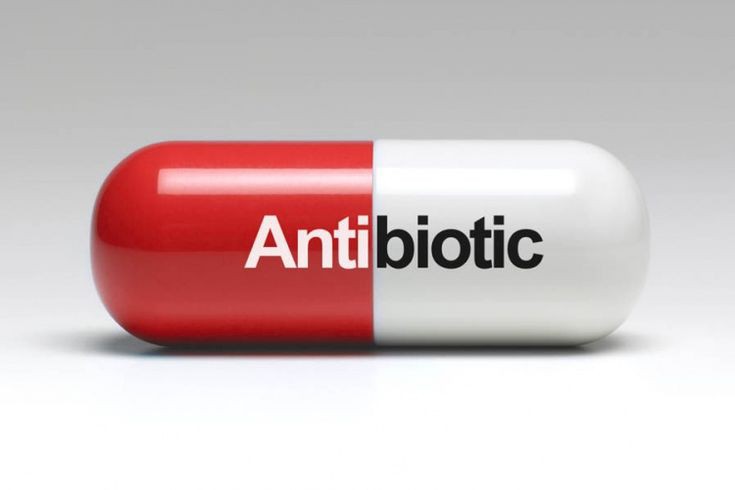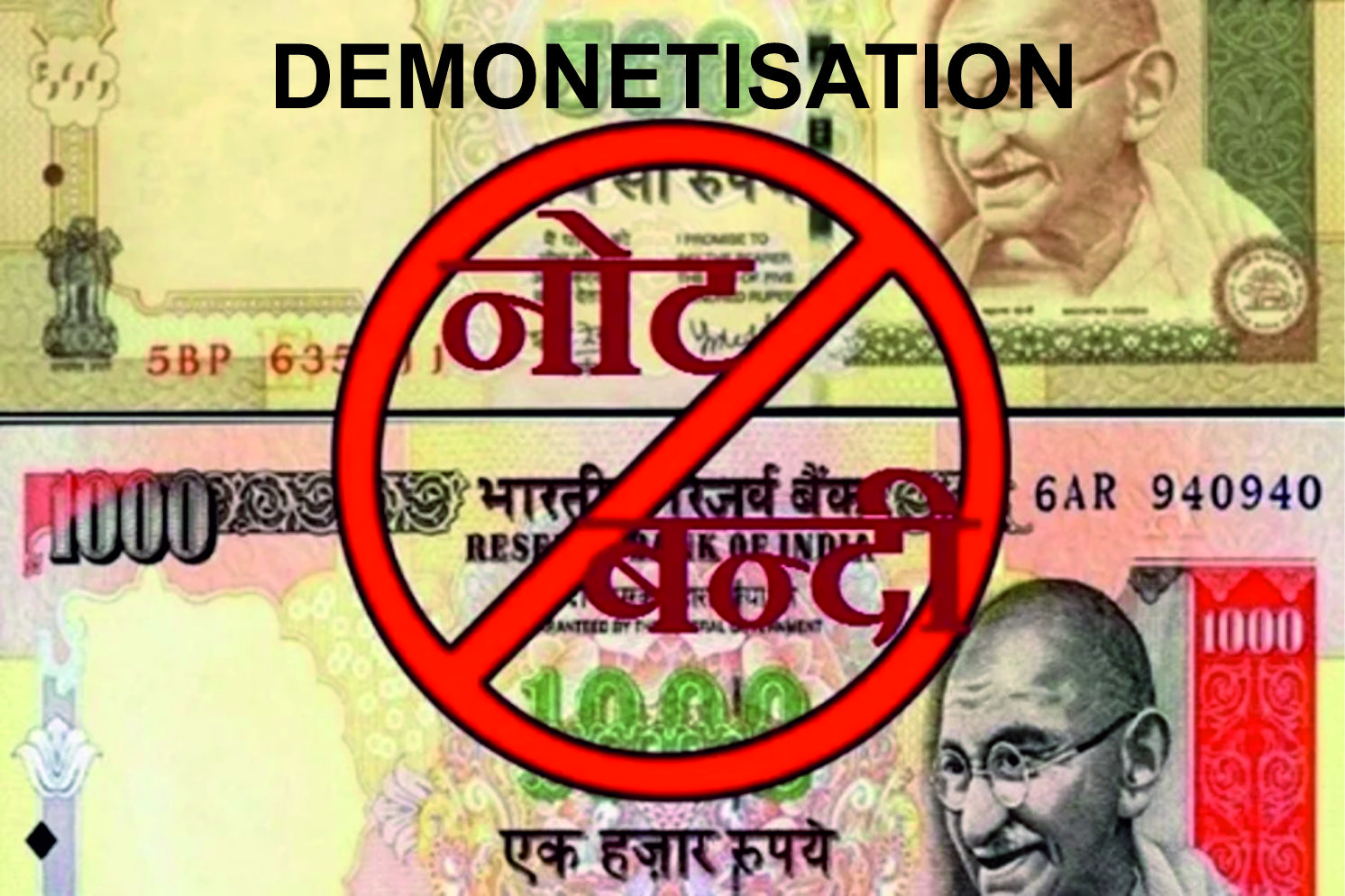India Tightens Grip on Antimicrobials: DTAB Reclassifies All as ‘New Drugs’

In a crucial decision to fight antimicrobial resistance (AMR), the Drugs Technical Advisory Board (DTAB) has recommended that all antimicrobials be classified as ‘New Drugs’ under the New Drugs and Clinical Trials (NDCT) Rules, 2019. This will allow the Central Drugs Standard Control Organisation (CDSCO) to oversee their approval and distribution, regardless of their market history.
A Response to a Global Crisis
This move follows recommendations from the Drugs Consultative Committee (DCC), addressing AMR—a growing global health threat recognized by the UNGA, G7, and G20. The misuse of antimicrobials in non-pharma sectors like food and beverages has worsened the situation, prompting stronger regulatory measures.
Rule Amendments in Progress
DTAB has proposed changes to key licensing forms, including Forms 20B, 20BB, 21B, and 21BB. These revisions will restrict the sale of antimicrobials to non-pharma industries, ensuring they can only be sold with a valid pharmaceutical license.
Blue Label for Antimicrobials
A blue strip or box will be required on all antimicrobial packaging to improve visibility and enforcement, helping prevent unauthorized sales and use.
Unified Enforcement Strategy
The DCC has also recommended uniform enforcement of Schedule H and H1 drugs across all states, ensuring stricter control over antimicrobial sales.
Industry Impact
Pharma manufacturers and distributors will face tighter compliance, especially those involved in non-therapeutic use of antimicrobials. Experts view this as a necessary step to curb AMR and tighten control over pharmaceutical distribution.
Expert Insight
“This is a long-overdue but commendable step. It strengthens India's regulatory framework against AMR.”
— Dr. Anurag Mehta, Public Health Policy Expert



 256
256

 The BharatBiz
The BharatBiz
 16
16

